Cold water immersion, vegetarianism, intermittent fasting and light therapy are all said to be longevity solutions.
The race to longevity has been heating up in recent years, especially among the wealthy and celebrities. More and more people are looking for ways to reverse the aging process. They are taking prescription drugs, taking cold baths and fasting to extend their lives by 10 or 20 years.
Soak in cold water
There is growing scientific evidence that exposure to cold water can help fight aging. Experts say that soaking in an ice bath or trying cryotherapy (spending a few minutes in a cabin with sub-freezing temperatures) slows down your body clock.
Dr Anant Vinjamoori, medical director of longevity company Modern Age, says cold temperatures help the body produce neurotransmitters like epinephrine and dopamine, which have a rejuvenating and energizing effect.
“Medium- to long-term studies show that cold water exposure can reduce systemic inflammation, which is known to drive many chronic diseases,” says Vinjamoori.
Clint Emerson, a former US Navy SEAL, said that soldiers spend a lot of time in cold water during training. This helps boost immunity, improve hair and skin, help the body stay alert, reduce stress and restore muscles.
Intermittent fasting and vegetarianism
In 2019, Jack Dorsey, co-founder and former CEO of Twitter, said he eats only one meal a day and fasts on weekends. According to experts, this can lead to eating disorders.
However, some studies show that a scientifically restricted eating pattern or intermittent fasting can bring health benefits, especially for people with diabetes and obesity, helping to strengthen the body's defenses and fight oxidative stress.
“For me, limiting my eating times helps regulate my circadian rhythm. Limiting calories in the evening has always improved sleep quality,” says Vinjamoori.
Research also shows that cutting out animal protein and eating more plant-based foods helps people live longer and healthier lives. David Sinclair, a professor at Harvard Medical School and longevity researcher, said that a diet rich in animal meat is beneficial in the short term, but does not help prolong life in the long term.
In the world's Blue Zones, where people live to be 100 years old, people often eat a plant-based diet.
Red light therapy
Red light therapy uses LEDs or lasers to shine on the body. These are the longest wavelengths of light on the visible spectrum. Several studies have shown that exposure to red light for 5 to 20 minutes increases the production of adenosine triphosphate, a compound that provides and stores energy for cells.
“More research is needed to understand the benefits and mechanisms of this therapy, but there is a lot of evidence that it improves skin conditions such as acne, aging, hair loss, and helps with wound care and sun damage,” says dermatologist Laura Buford, MD, of Westlake Dermatology & Cosmetic Surgery.

A person uses red light therapy to improve skin health. Photo: Insider
Use supplements and herbs
Nicotinamide Mononucleotide, or NMN, is a supplement that helps increase levels of NAD+, an important coenzyme in the body. NAD+ plays an essential role in supporting metabolism and maintaining healthy cell function. This supplement is sought after by many billionaires.
Harvard Medical School professor Sinclair explains that the human body uses NAD+ as a “measure of aging.” As people age, NAD+ levels decrease, the body’s repair and protection enzymes are affected, and people are no longer able to naturally fight aging.
Because NAD+ is a large molecule, it is difficult for humans to absorb it directly. Sinclair recommends taking supplements containing this substance such as B3, Nicotinamide riboside (NR).
Along with NMN, many people use ashwagandha, an anti-aging herb found in Ayurveda—an ancient system of medicine originating in India. The herb is classified as an adaptogen, which has a wide range of health benefits, from reducing anxiety and soothing arthritis to boosting cognition.
Citing research, Vinjamoori said ashwagandha helps reduce cortisol, a hormone associated with stress. It also helps improve sleep for people with insomnia.
A recent study published in the National Library of Medicine also suggests that ashwagandha may be a potential anti-aging ingredient. Another study in the Journal of Clinical Medicine found that ashwagandha helps maintain the length of important proteins at the end of chromosomes, called telomeres. These are often shortened during DNA replication, which is considered a major factor in “accelerating cellular aging.”
Thuc Linh (According to Insider )
Source link







![[Photo] Visiting Cu Chi Tunnels - a heroic underground feat](https://vstatic.vietnam.vn/vietnam/resource/IMAGE/2025/4/8/06cb489403514b878768dd7262daba0b)
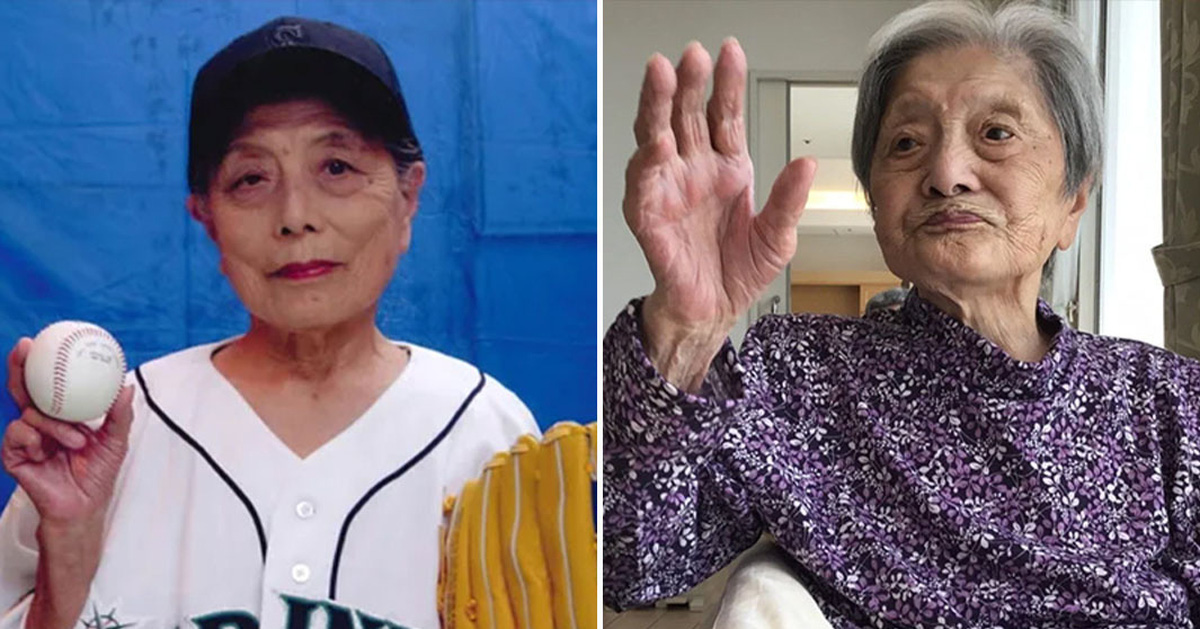



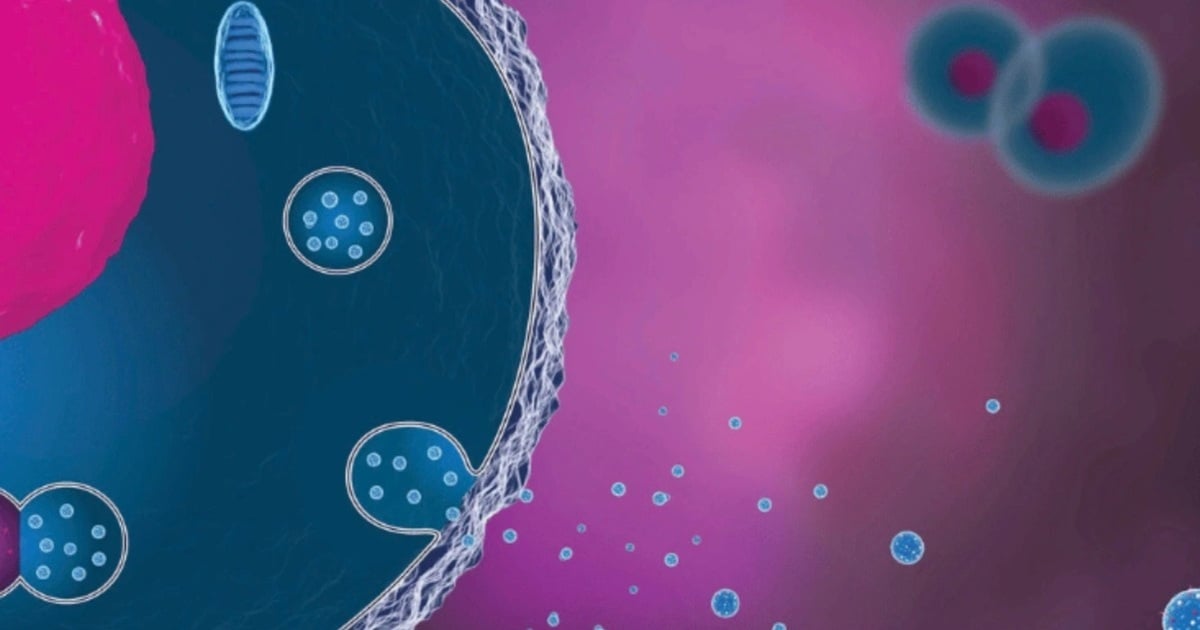






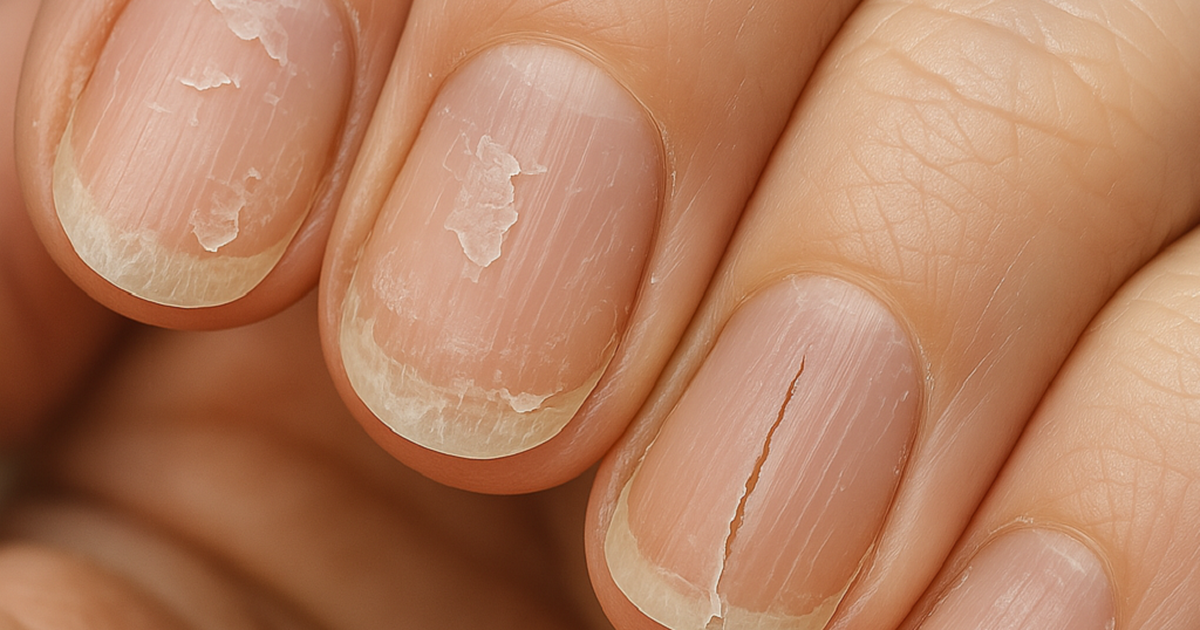




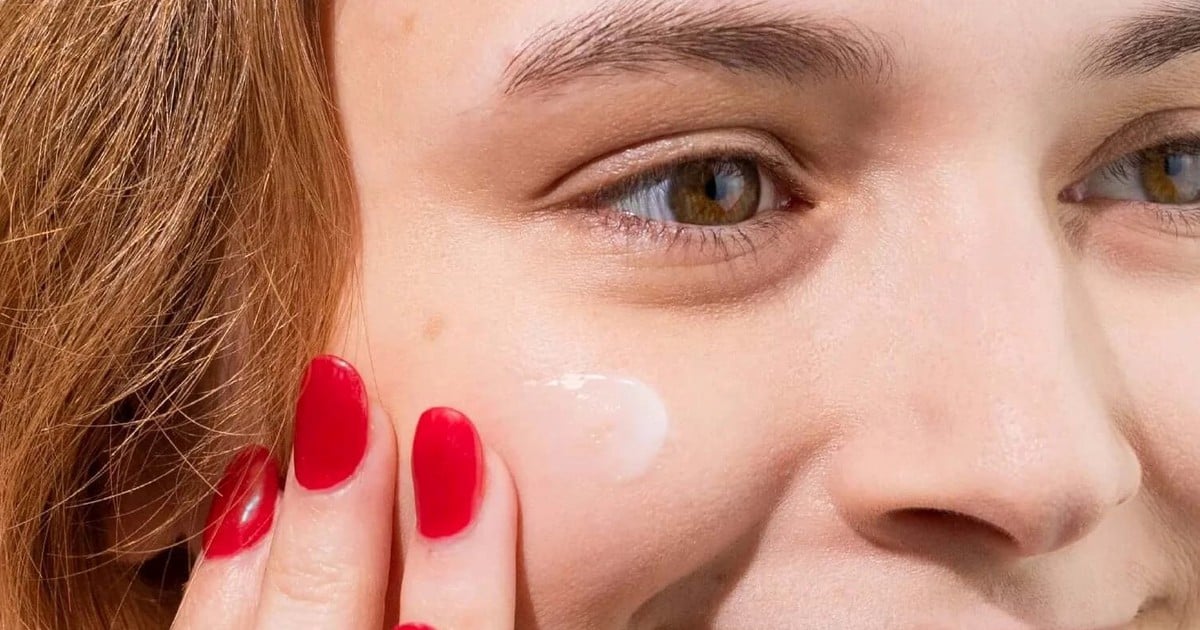


























































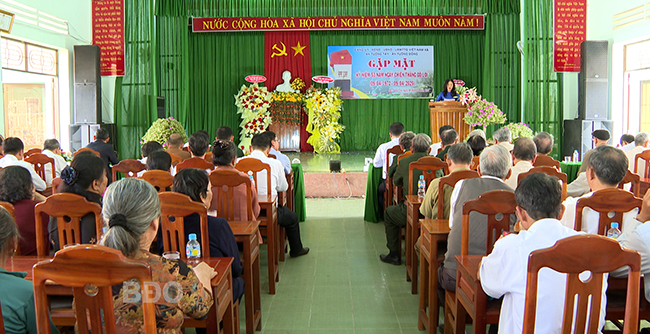










Comment (0)